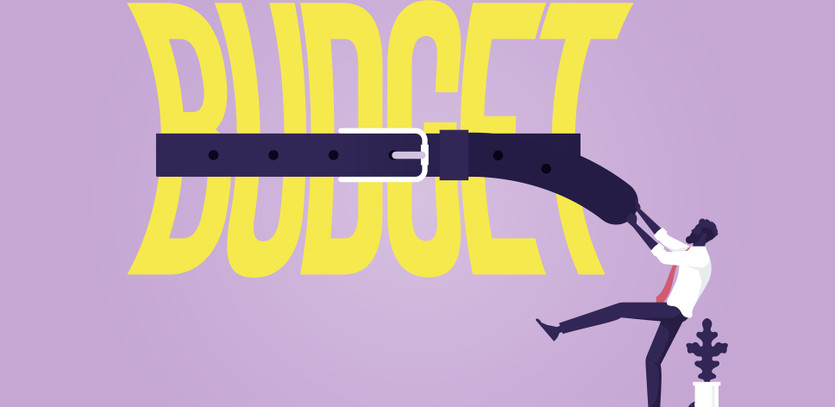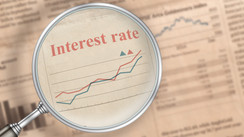Agricultural Subsidies Not to be Cut
In an unforeseen move, Chancellor Olaf Scholz's coalition has adjusted their proposed 2024 budget plans to maintain agricultural subsidies. These changes, driven by farmers' protests, have resulted in the coalition's budget-saving targets being diminished by 2.5 billion euros ($2.7 billion), a government representative stated.
Impact on Existing Plans
Despite these modifications, the government's commitment to approve the budget at the beginning of February will not be compromised. The decision comes amid weeks of negotiation on ways to bridge a 17 billion euro shortfall in the budget following a court ruling in November that unsettled the government's financial blueprint.
Changes in Detail
On Thursday, the government declared various changes, including a gradual phasing out of agricultural diesel subsidies, deferring a plastic tax, and allocating more funds for the national railway. These changes were agreed upon after discussions between Scholz, Economy Minister Robert Habeck and Finance Minister Christian Lindner. The subsidy on agricultural diesel will be lessened by 40% this year, by 30% in 2025, and will conclude from 2026. The proposal to terminate favorable vehicle tax treatment for the forestry and agricultural sectors is no longer on the table, according to a government spokesperson.
Feedback from Agricultural Sector
However, these modifications have not been well received by the farming community. Despite protests from hundreds of farmers in central Berlin last month, the president of the German Farmers' Association (DBV), Joachim Rukwied, insisted that the changes were insufficient. Nearly one-third of the remaining budget deficit after proposing these changes will be met with proceeds from offshore wind projects in 2023, allocated for the 2024 budget. The remaining deficit will be covered by cutbacks at the Agriculture Ministry and the margin resulting from updated federal budget and economic data, according to a government communique.





